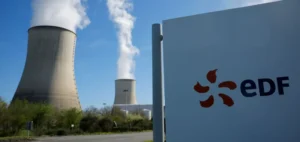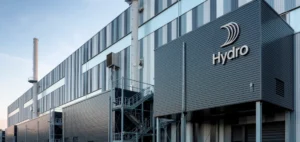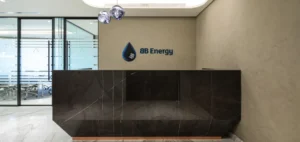Hydro-Québec announced net income of C$2.277 billion for the first six months of 2025, an increase of C$432 million compared with the same period in 2024. This result is linked to higher consumption in Québec, supported by a winter that was 3 °C colder than the previous year. Increased demand generated a marked rise in sales volume, contributing to the financial strength of the public utility.
Commercial strategy and energy arbitrage
The company benefited from favorable market conditions, exporting around 6 TWh at an average price of 16 ¢/kWh, compared with 9 ¢/kWh in 2024. At the same time, it increased imports in the second quarter when prices fell, purchasing 6 TWh at 5 ¢/kWh, compared with 3 ¢/kWh a year earlier. This buy-sell differential strategy generated more than C$500 million in additional net revenue without affecting water reserves.
Strengthened investments and financing
Hydro-Québec increased its investments to C$3.3 billion in the first half, up C$0.5 billion from 2024 and nearly 60% higher than in 2023. These funds are mainly intended to maintain assets and improve service quality. At the same time, the company raised C$3.8 billion in financial markets to support the implementation of its 2035 Action Plan and to ensure the stability of its long-term funding.
Solar and wind projects
As part of its strategic orientations, Hydro-Québec announced its first call for tenders for solar parks with a capacity of 300 MW, aiming for 3,000 MW of solar power installed by 2035. At the same time, the company entered into a partnership to develop up to 1,000 MW of wind power in the Nutinamu-Chauvin area in Saguenay–Lac-Saint-Jean. Additional agreements were signed with Société Makivvik and Les Énergies Tarquti for wind projects in the northern communities of Nunavik.
Customer service and human resources
To improve network reliability, Hydro-Québec continued vegetation management work in targeted areas. It also deployed new solutions for consumers, including free smart thermostats and control systems for electric water heaters. On the social front, the company signed a C$100 million agreement with the Ministry of Education to strengthen training and meet workforce needs in the construction sector.
These initiatives reflect a strategy focused on energy diversification, commercial optimization, and maintaining strong investment capacity.






















